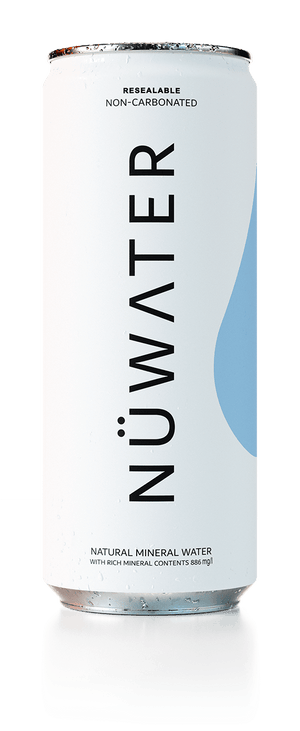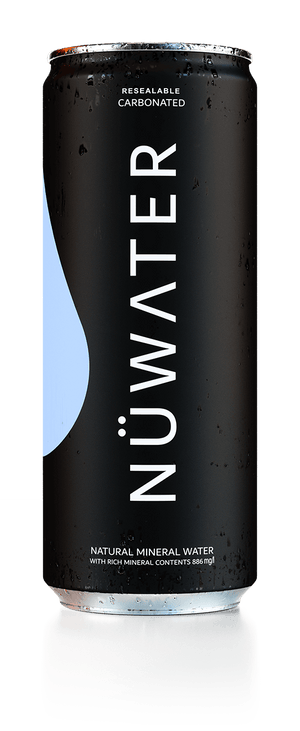GET 20% OFF YOUR FIRST ORDER. USE CODE: "FIRST20"
Plastic Bottles - From Quick Fix to Catastrophe
June 21, 2021
Since their creation in 1973, the use of plastic bottles has increased year after year, decade after decade. At first, great convenience and revolution in drink receptacles, the plastic bottle has since become associated with a much more pressing matter, pollution.
Worldwide, 80% of plastic bottles end up in a landfill. Globally, we get through a million bottles of water every minute. With only one in every five of those bottles being recycled, this presents a big issue for Mother Earth.
Let’s take a look at some of the facts.
- Plastic bottles are not biodegradable, plastic bottles photodegrade. Each bottle can take up to 1000 years to decompose and as it does, it leaks pollutants into the earth.
- To make a plastic water bottle, it takes 3 times the amount of water than it contains.
- If you fill a bottle to 25% of its capacity, that is how much oil is used to make the bottle.
- Polyethylene terephthalate (PET), the product used in the manufacture of plastic bottles, takes a serious amount of fossil fuel to produce and transport.
- To produce a bottle of water it takes 2000 times the energy than it would to produce a bottle of tap water.
- The toxins released from the decomposition of plastic bottles have been shown to cause cancer and reproductive issues.
Plastic bottles make up a large majority of the trash we see in the street. They are the 5thmost found item in beach clean-ups. Most of the world’s plastic waste ends up in the ocean. Washed by the rain and blown by the wind, it will make its way to rivers or drains and end up in the ocean.
Once these plastics are in the ocean they’re often mistaken for food by bird, fish or sea-dwelling mammals. Bottle lids are commonly found in decomposing animals after clogging up their digestive systems. Once ingested by one animal, the plastics can simply become part of the food chain.
As drives to recycle and reuse have increased across the world, so has the consumption of bottled water. Better solutions are needed. Beverage companies make promises on percentages of their bottles being made of recycled plastic. As the cycle continues, 80% of those eventually end up in a landfill anyway.
Striving to make a difference, Nuwater uses aluminium cans of which 80% comes from recycled sources. Aluminium is easier to come by over-ground, than underground. For this reason, manufacturers of aluminium cans prefer to use recycled aluminium. This push to recycle mean aluminium is much less detrimental to the environment than plastic bottles.
Plastic pollution is causing huge damage to our environment. Let's take a pledge to fight it. Click here to know more about how to reduce plastic pollution.
Leave a comment
Comments will be approved before showing up.







